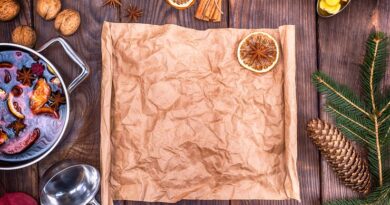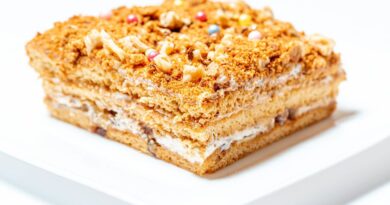Bread of the Pharaohs
Bread of the Pharaohs: A Culinary Journey into Ancient Egypt’s Staple Food
Bread has been a dietary staple for civilizations across the globe, and Ancient Egypt was no exception. Among the many culinary marvels of this ancient civilization, the bread of the Pharaohs holds a special place. Beyond its role as sustenance, bread in Ancient Egypt had cultural, religious, and even economic significance. In this article, we embark on a journey through time to explore the fascinating history, ingredients, baking techniques, and symbolic importance of the bread of the Pharaohs. Join us as we unravel the secrets behind this ancient culinary tradition and uncover the legacy that continues to influence our modern-day bread-making practices.
Historical Significance of Bread in Ancient Egypt
In the civilization of the Pharaohs, bread held a pivotal role both in everyday life and in the afterlife. Egyptians were known for their agricultural expertise, and the abundance of wheat and barley in the Nile Valley made bread a dietary staple for people from all social classes. Beyond sustenance, bread had profound cultural and religious significance. It was seen as a divine gift from the gods, and baking bread was considered a sacred act. Hieroglyphs and tomb paintings depict scenes of bread-making, emphasizing its importance in Egyptian society. Moreover, bread played a crucial role in religious rituals and offerings to the gods.
Ingredients and Baking Techniques
The bread of the Pharaohs was typically made from two main ingredients: emmer wheat and barley. Emmer wheat, a precursor to modern wheat, was more prevalent in ancient times. Barley, on the other hand, was commonly used for making bread by the lower classes due to its affordability. Both grains were ground into flour using grinding stones, resulting in a coarse texture.
To make the dough, the flour was mixed with water, and sometimes, other ingredients like yeast or sourdough starter were added to aid fermentation. The dough was then kneaded thoroughly to achieve the desired elasticity. Ancient Egyptians employed a variety of baking methods, including open-fire baking, clay ovens, and communal bakeries. The bread was shaped into loaves, often adorned with special markings or decorative patterns, and then baked until golden brown.
Symbolic and Ritualistic Importance (Approximately 500 words)
In Ancient Egypt, bread was deeply intertwined with religious and funerary practices. It played a crucial role in offerings to the gods and was believed to sustain the deceased in the afterlife. The Egyptians saw bread as a representation of life itself, and it symbolized prosperity, fertility, and regeneration.
The art of bread-making had its rituals and superstitions. Bakers would often invoke the goddess Neith, the patroness of weaving and bread-making, for her blessings. The process of bread-making involved multiple steps and specific gestures believed to infuse the bread with sacred qualities.
Legacy and Influence on Modern Bread-Making (Approximately 400 words)
The techniques and symbolism associated with the bread of the Pharaohs continue to resonate in modern bread-making practices. The methods of milling, fermenting, and shaping bread have evolved over time, but the fundamentals remain unchanged. The ancient Egyptians’ knowledge and expertise in baking contributed to the development of bread-making techniques that were passed down through generations.
Conclusion
The bread of the Pharaohs stands as a testament to the rich culinary heritage of Ancient Egypt. It serves as a window into the daily life, culture, and spiritual beliefs of this ancient civilization. By exploring the historical significance, ingredients, baking techniques, and symbolic importance of this staple food, we gain a deeper appreciation for the bread that sustained the Pharaohs and their subjects. Today, as we savor our own loaves of bread, we can’t help but acknowledge the lasting legacy and influence of the bread of the Pharaohs on the art of baking throughout the ages.
Also Read https://thecrazydivaa.com/Ancient Egyptian Recipes/



